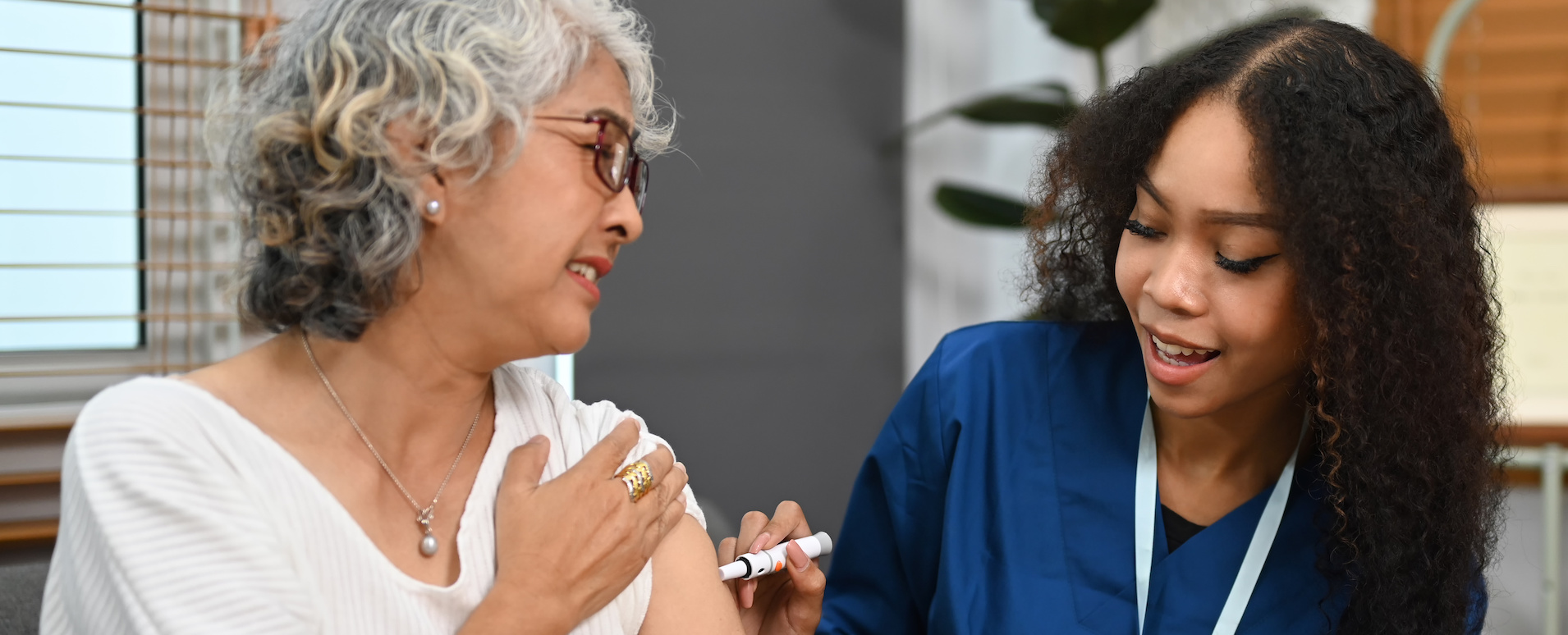Recovering after plastic surgery is as important as the surgeon you pick to do your surgery. There are many different plastic surgeries to choose from. You may be looking at a procedure to improve your overall appearance or maybe you need to restore your appearance after a life altering event, like a severe hand or burn injury. Pick your surgeon carefully. Discuss the procedure, its benefits, risks, and recovery time. Recovery is as important as the procedure itself, here are a few tips to help you prepare for your recovery:
- Be prepared to manage your pain.
- Eating a well-balanced diet will help your body heal.
- Stay active even though you don’t feel like it.
- Make sure you have someone to help you.
These 4 tips are key to a successful recovery.
Pain Management
A big part of recovering after surgery is pain management. You may experience different kinds of pain including muscle, bone, nerve, or skin. Effectively controlling your pain will be important to your recovery. Your surgeon could prescribe narcotic pain medications like Percocet©; a muscle relaxer like Flexiril©; or over medications like Tylenol©. It is important to take these medications as prescribed.
You may also want to consider other methods for pain control too. These include:
- Using a heating pad or an ice pack over your surgical site or sore muscles.
- Distract yourself by talking to friends, watching a movie, choose different spots to sit or lay down.
- Staying active, get up and move around!
Remember to follow your doctors’ instructions for managing your pain. Make sure to talk to your surgeon before you use cold or heat therapy like ice or hot packs because they can damage the skin and tissue if not used properly.
Staying Active
Staying active will help you recover after surgery. Simple activities, such as walking can help in preventing constipation and making sure your muscles stays strong. Getting up and walking around the house for 5 minutes every hour while your awake will help expand your lungs and keep you from getting pneumonia. Its ok to take a shower once you are cleared by your surgeon. Showering is really good activity when you don’t feel like doing anything.
Before you do anything talk to your surgeon about what activities are safe for you and what activity restriction you have and for how long.
Diet
Eating a well-balanced diet is a great way to help you recover after surgery. Our bodies need extra calories to heal from surgery. Eating a balanced diet is the best way to get healing nutrients. Narcotic pain medication can cause constipation. Adding extra fiber to your diet with fresh fruit and vegetables or whole grains will work to prevent constipation. Here is a list of food high in fiber:
- Oatmeal, wholegrain wheat bread, ancient grains, and brown rice.
- Raw vegetables like carrots, green beans, leafy greens, snap peas, or beets.
- Raw fruit like apples, pears, oranges, mangos, or pineapple.
- Nuts of all kinds.
One last diet tip! drink plenty of water and avoid eating foods that can cause constipation like dairy products, junk food, or highly processed foods (white bread, cereal, frozen dinners, or fast food).
Support System
While all of the strategies that have been discussed are important, having people who can help you after surgery will make all the difference in your recovery. Your network of people who can help you are your support system. Picking one or two people to help you after surgery will help shorten your recovery time and make it less stressful. Things you may ask people in our support system to do for you may include:
- Making meals.
- Giving you a ride to surgery and picking you up afterwards.
- Staying with you for the first day or so, your surgeon won’t want you to be alone after your surgery.
- Loaning you or run for equipment you may need to help you heal.
It is never a good idea to try and recover alone. There are times when everyone in our support system is busy so hiring a private nurse to take care of you is an excellent option. A private nurse will help you with your medications. They will provide tailored education. A private nurse will change surgical dressings if needed. But more importantly they provide personalized assurance and knowledgeable care to you during your recovery.
Recovering After Plastic Surgery
Recovering after plastic surgery will take time for your body to heal and return to normal. Be kind to yourself and have patience. Manage your pain, eat a balanced diet, and be as active as you can. Allow the people in your support system to help you or hire a private nurse to give your body the best chance at having a successful recovery.
Don’t ever hesitate to call your doctor if you have any questions or concerns regarding your recovery. Make sure to contact them if you cannot get your pain under control, if you are bleeding, or if you think you are having an issue with your incision . They will want to hear from you!
References
Cleveland Clinic. (2020). Pain Control After Surgery. https://my.clevelandclinic.org/health/articles/11307-pain-control-after-surgery
Furnas, H. (2019). Having Plastic Surgery? Here’s How to Prepare for a Smooth Recover. American Society of Plastic Surgeons. https://www.plasticsurgery.org/news/blog/having-plastic-surgery-heres-how-to-prepare-for-a-smooth-recovery
Withlock, J. (2021). What to Eat After Surgery and What to Avoid. Verywell Health. https://www.verywellhealth.com/what-to-eat-during-your-recovery-after-surgery-3156923

